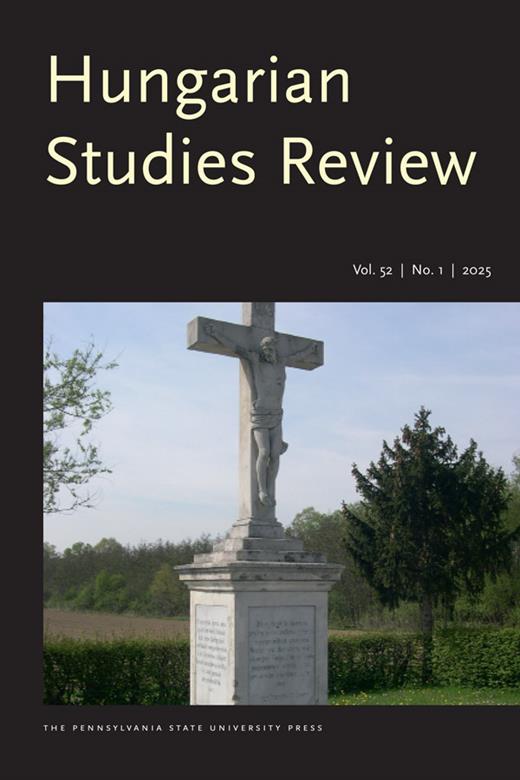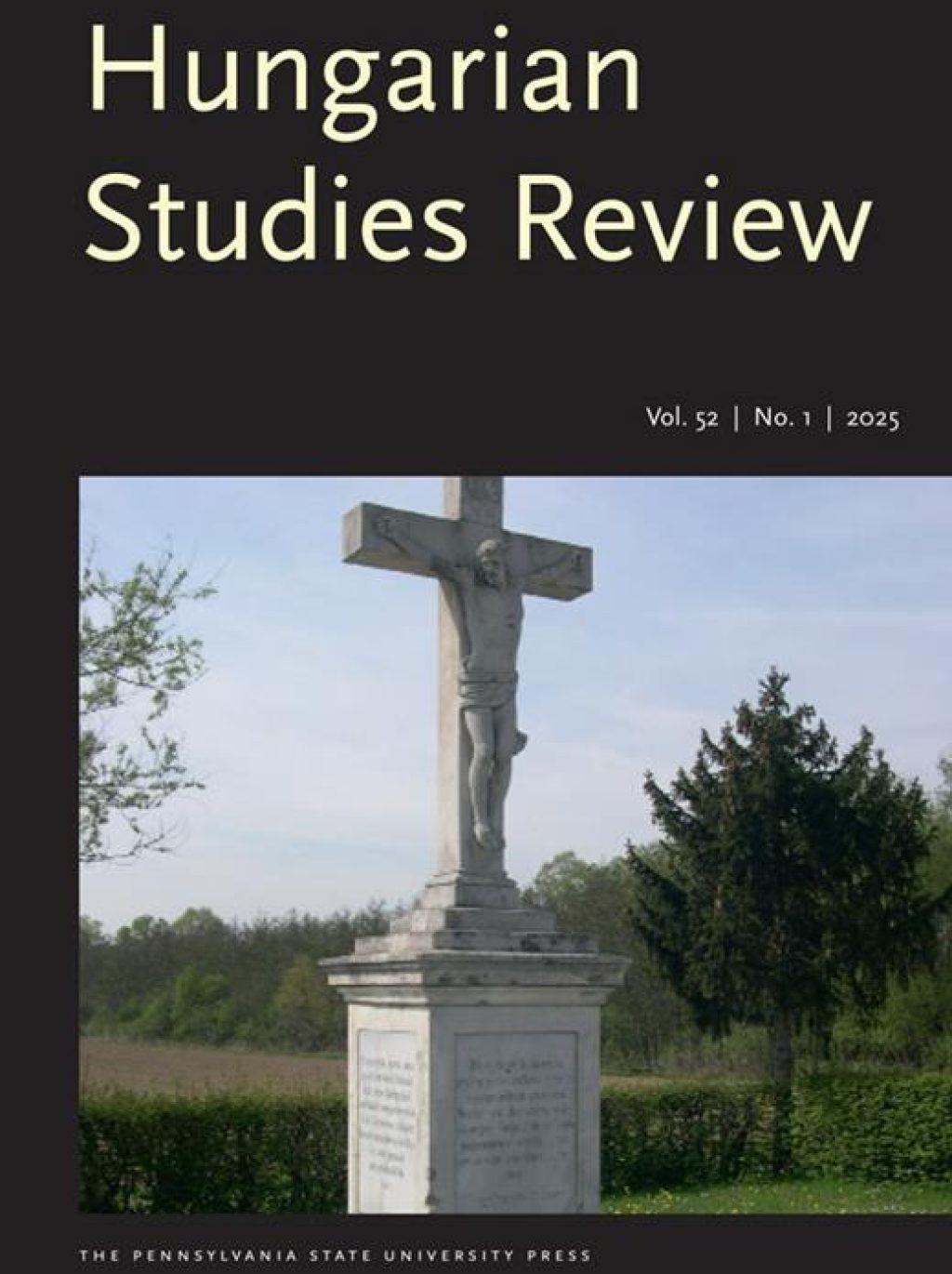Michael De Groot. Disruption: The Global Economic Shocks of the 1970s and the End of the Cold War
Author: John Szabo
In: Hungarian Studies Review (2025) 52 (1): 116–119.
DOI: https://doi.org/10.5325/hungarianstud.52.1.0116
Abstract
Maintaining what Michael De Groot calls a “welfare empire” can be a costly endeavor, especially if economic mismanagement forces members to take on debt that drives a wedge between them. The story of the Soviet Union’s demise has been told many times, be that through the detailed and personal accounts written by Nobel laureate Svetlana Alexievich or the thorough analysis and theorization of Harvard’s Serhii Plokhy. Even sub-facets of this story seem to have been repeated frequently, making it especially challenging to shed new light on the matter, but Disruption offers a fresh account of how the interplay of global economic events and intra-bloc relations shaped the outcome of the Cold War. It explores the nexus between commodity prices, debt, and capital costs to explain the gradual disintegration of Soviet communism. In contrast, the economic might of the US coupled with the rise of the dollar and the greater flexibility…




